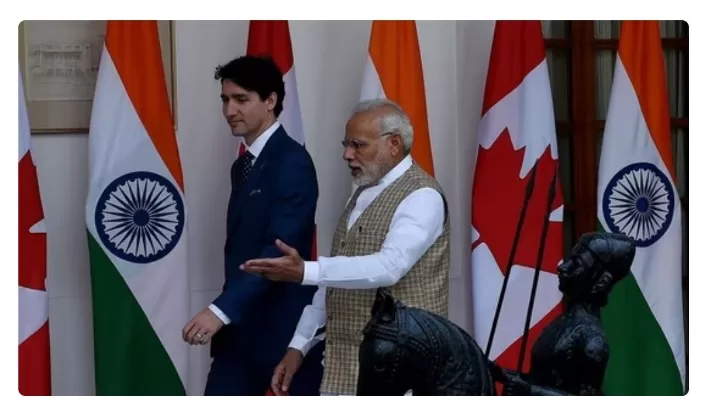In a diplomatic development that has garnered attention, Canada’s Prime Minister, Justin Trudeau, engaged in a telephone conversation with UAE President Sheikh Mohamed bin Zayed Al Nahyan. The conversation extended beyond the ongoing Canada-India dispute, touching upon shared concerns about safeguarding civilian lives in Israel amid the escalating conflict.
The origins of the tension between Canada and India can be traced back to the assassination of Khalistani separatist leader Hardeep Singh Nijjar on Canadian soil. In response, Canada swiftly expelled a senior Indian diplomat, accusing India of involvement in the incident. India vehemently denied any connection to the assassination and reciprocated by expelling a Canadian diplomat.
This diplomatic engagement between Trudeau and the UAE President has raised questions among netizens, with some speculating about the nature and intent of the discussion. The development has sparked reactions ranging from curiosity to criticism, with users questioning the motives behind the conversation.
Reports have also emerged suggesting that India had requested Canada to significantly reduce its diplomatic presence in India. This request, if implemented, would result in a substantial reduction in Canada’s diplomatic workforce in India, from 62 to 21 diplomats.
UK Prime Minister Rishi Sunak has also entered the diplomatic arena, emphasizing the importance of de-escalation and adherence to international laws, sovereignty, and the principles enshrined in the Vienna Convention on Diplomatic Relations during his communications with Prime Minister Trudeau regarding Canadian diplomats in India.
As this diplomatic discourse unfolds, the international community remains watchful of developments and their potential ramifications.







